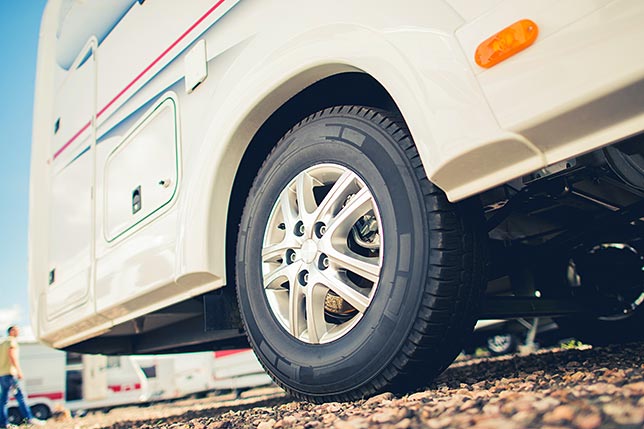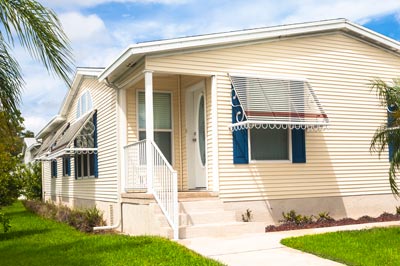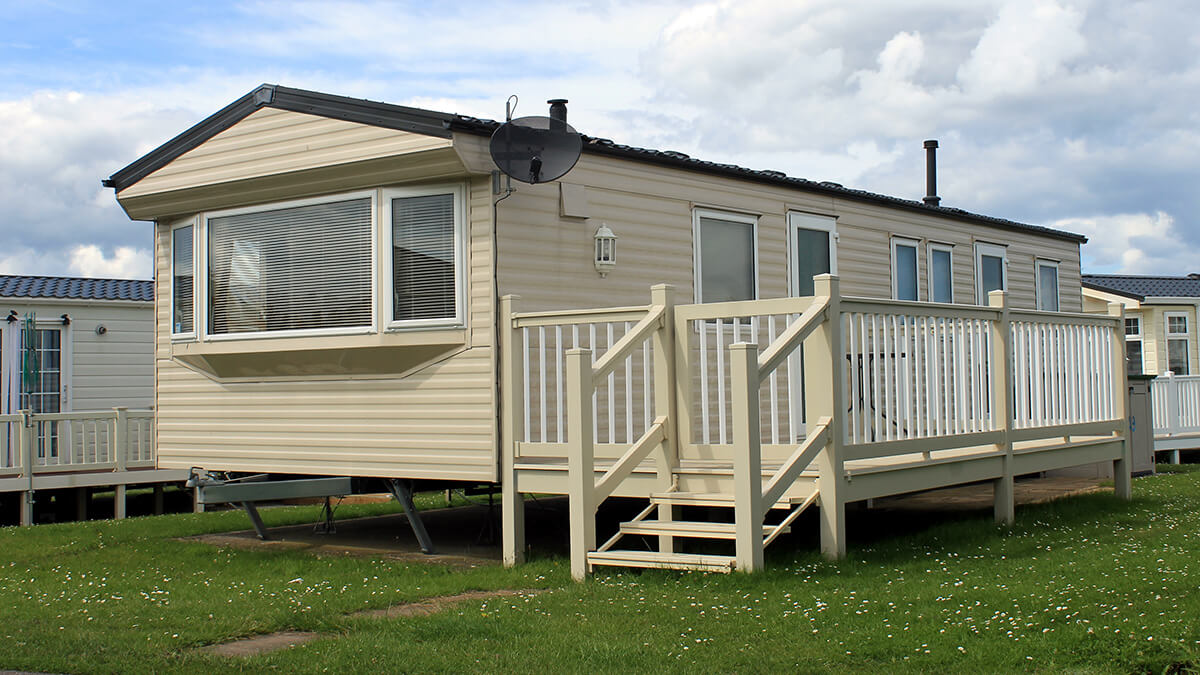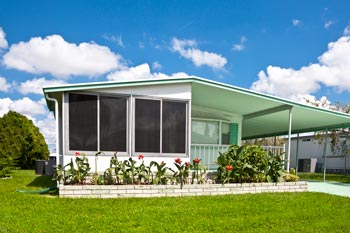RV tire care

It's important to keep in mind that the life of an RV tire cannot be measured by miles alone, nor can you always rely on tires that "look good."
Given the stop-and-go nature of many RVers, RVs often sit for extended periods of time in-between use. When they are in use, they are often subjected to heavy loads during extreme weather conditions such as high heat. Both situations can lead to tire damage and failure, which can quickly put a damper on any trip — or turn into a dangerous situation. The primary reasons for RV tire deterioration include the following:
Ozone and UV Exposure
Over time, RV tires are exposed to a great deal of UV rays and ozone poisoning. This can lead to cracks in the rubber, especially in a tire's sidewall. Though a tire's exterior may look just fine at first glance, further inspection may reveal small cracks on and within aging sidewalls that worsen with time.
Improper Tire Inflation
Under- and over-inflation can both lead to blowouts. To help prevent this, check the inflation pressure or your tires at least once a month, and always before starting a trip. Do this when tires are cold, as heat generated during driving temporarily increases air pressure. Never remove air from a hot tire, which may result in under-inflation when the tire cools.
Excessive Load Weight and Uneven Weight Distribution
Tires frequently subjected to maximum loads will wear faster, while tires that carry loads below their rated capacity can be expected to last longer. Be sure to load your RV evenly. Uneven load distribution leads to uneven tire wear.
Tire Construction
Tires of different constructions, such as radial and bias ply, as well as different sizes and stages of wear, can harm vehicle handling and stability.
Use the same size and type of tire on all wheel positions. All RVs built since 1972 have a certification label that contains the following important information:
- Gross axle weight ratings (GAWR) for each axle on the RV
- Tire size
- Recommended cold tire inflation pressure
Tire Care Tips
The most important thing you can do to extend the life of your tires is to inspect them regularly. The following tips will also help:
- Regularly wash tires with a mild soap, water and a soft brush. This will help to remove accumulated ozone damage. Also, dirt on tire sidewalls may act as an abrasive that can inhibit the tire's natural wax protection.
- Rotate your RV tires (including your spare) regularly to maintain even wear.
- Keep the tires (including spare) covered when your RV is not in use to prevent ozone and UV damage.
- Block and level your RV each time you plan to keep it in one place for a couple of days or longer. This will help avoid unnecessary stresses that lead to excessive tire wear.
- Avoid tire products that contain petroleum-based substances. Products containing alcohol or petrochemicals may create and accelerate deterioration and cracking, in addition to stripping the tire of its ozone protection. Some silicone oils found in such products may cause similar damage.
Need RV Insurance?
In addition to RV tire care, make sure you have insurance coverage specialized for your RV. Check out our RV Insurance coverage options or get a quote.


